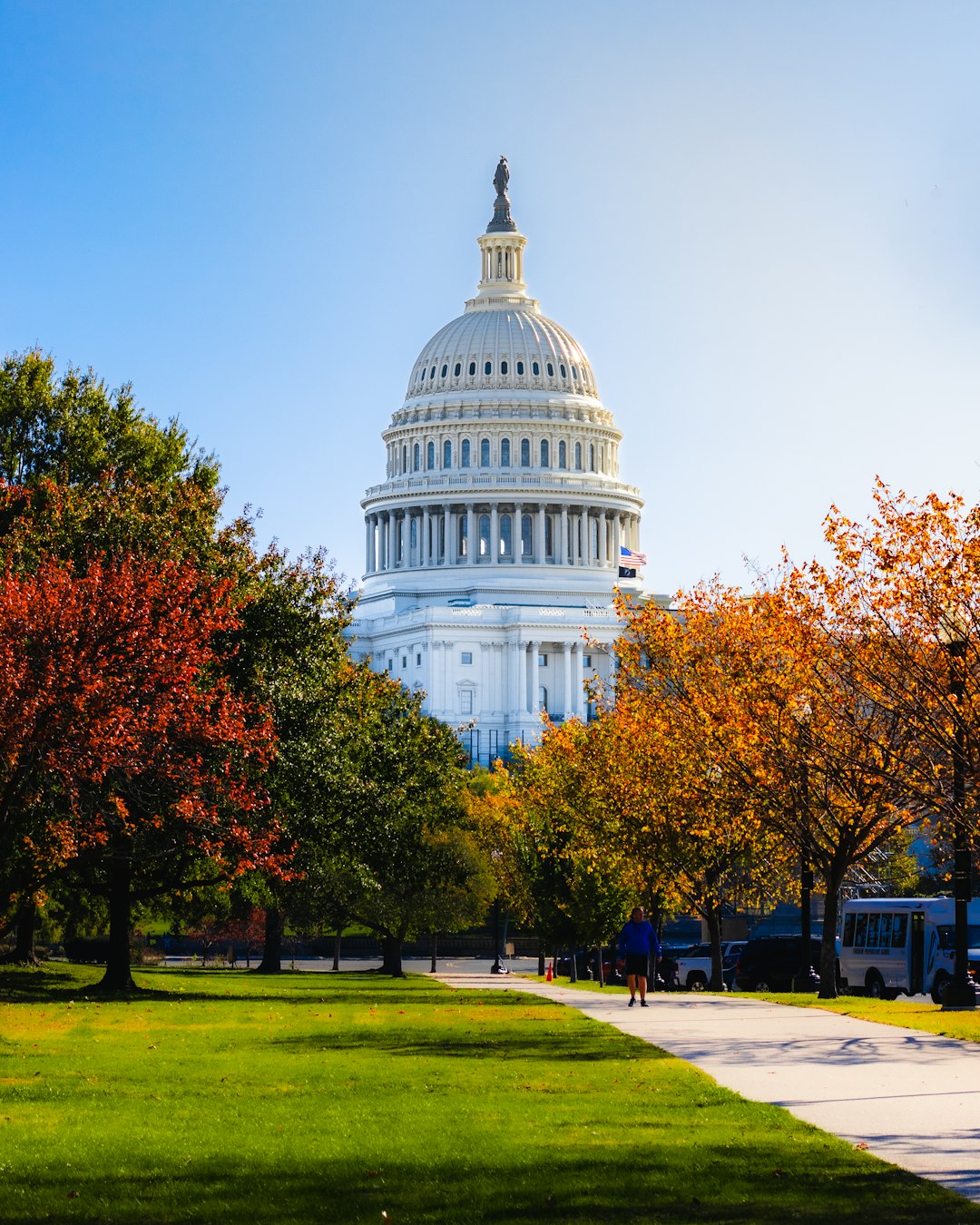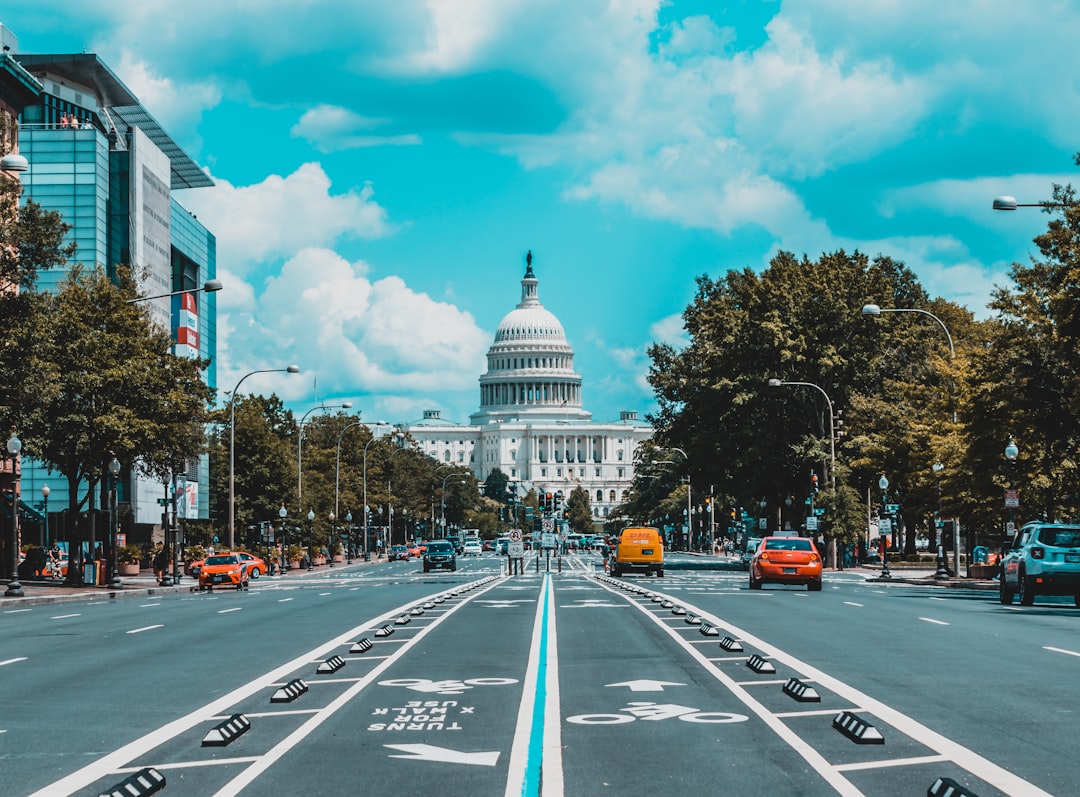Washington state has strict laws against spam texts, prohibiting businesses from sending unsolicited messages without prior consent. Residents can report spam via official channels like the FTC and Attorney General's Office to curb nuisance messages and protect their digital privacy. Taking action helps enforce laws and reduce spam circulation, fostering a safer online environment.
Washington State residents can take a stand against intrusive spam texts with the help of official resources. In this article, we explore your rights and options under Washington’s anti-spam laws. Learn how to identify and report unwanted text messages effectively. We’ll guide you through the process and provide practical tips to protect yourself from future spam texts, ensuring a safer digital experience.
Understanding Spam Text Laws in Washington

In Washington State, understanding and adhering to laws regarding spam text messages is crucial for both individuals and businesses. The state has implemented regulations to protect consumers from unsolicited texts, often referred to as spam. These laws are in place to ensure that citizens’ privacy is respected and they have control over the types of messages they receive on their mobile devices.
Spam text laws in Washington aim to prevent companies from sending unwanted promotional or advertising messages without prior consent. It’s illegal for businesses to use automated dialing systems or software to send spam texts, as it can lead to penalties. Consumers who face persistent spamming issues can report these incidents to the Federal Trade Commission (FTC) or the Washington State Attorney General’s Office, which actively monitors and enforces anti-spam legislation.
Reporting Spam Texts: Official Resources

In Washington state, reporting spam texts is a crucial step in protecting your privacy and that of your fellow residents. The state has designated several official resources for handling these nuisance messages. One primary channel is through the Federal Trade Commission (FTC), which has a dedicated system for registering complaints about spam texts. Users can visit the FTC’s website or download their mobile app to file a report, providing details such as the sender’s number and any identifying information.
Additionally, Washington’s Attorney General’s Office offers guidance and support for consumers dealing with spam texts. They provide clear instructions on how to block numbers and report them to relevant authorities. By utilizing these official resources, residents can actively contribute to reducing the volume of spam texts circulating in the state, ensuring a safer digital environment under Washington’s strict spam laws.
Protecting Yourself from Unwanted Messages

Protecting yourself from unwanted messages is an essential aspect of navigating modern communication. In Washington, state laws offer a framework to combat spam texts, providing residents with tools to safeguard their privacy and peace of mind. By law, businesses and individuals are prohibited from sending mass text messages without explicit consent, ensuring that your phone isn’t bombarded by unsolicited marketing or fraudulent offers.
If you find yourself receiving spam texts, several resources in Washington State can help. Reporting these messages not only helps protect others but also aids authorities in tracking down the sources of such activities. Most mobile carriers have mechanisms for blocking and reporting spam, while dedicated online platforms offer additional support, empowering residents to take a stand against unwanted intrusions into their digital space.






